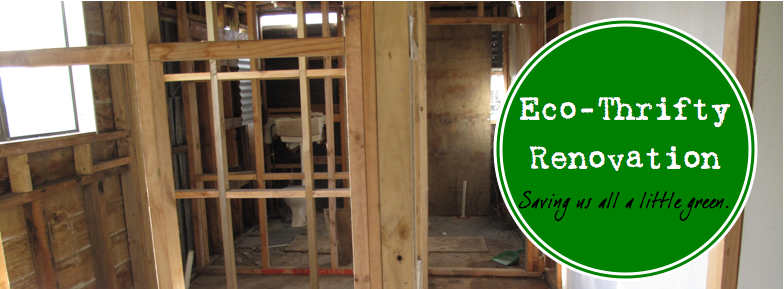
Well, we don't have a snail deficiency, we've got a baby duck surplus.

Our ducklings have just about doubled in size in the week that we've had them. Part of the goal of having ducks was to have a protein source that we did not have to buy food for, making small gains in self sufficiency. We thought we had tons of snails. In fact we were crunching them underfoot walking up our driveway after a late night out two weeks ago. But the recent cairina moschata population boost has put a bit of a strain on our small backyard eco-system. Our normal go-to spots for snails have been picked dry by the need to feed our ducklings' insatiable appetite.

So, after some internet research we have begun improvising some snail traps. Most people use these traps to lure snails away from their garden beds. We are hoping they lure snails out of their summer hiding places, and into an easy collection point.
Here is an example of the bricks and damp cardboard method.

And here is the toilet paper tube cluster method.

From past experience we know that the beer method works well, but we're a little afraid of the effects of intoxicating our wee babies just yet.
Ducks cannot subsist on snails alone, even when they are eating 20+ per day. So we are supplementing their diet with another resource we had in abundance, seedy grass. We were using grass to line the bottom of the duck's inside home, an unused bath tub, and found that they really liked eating the grain from the tops of the grass. Thanks to a preoccupied scyther our yard was a veritable sea of waving amber grain, or as the duckies see it, a sea of food waiting to be harvested.


This is pretty perfect since every grain of grass seed is one more future weed waiting to invade our garden beds.
So far the ducks are proving their worth by ridding us of two potential problems, and converting them both to fertilizer. As William McDonnough says "Waste = Food", or in this case, waste = ... more useful waste.
Have you found any good waste = food solutions lately? Pass them on.

No comments:
Post a Comment